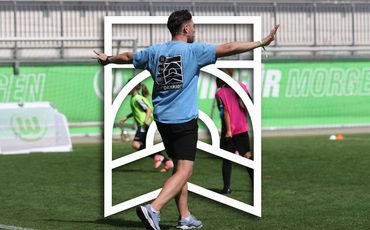Rethinking Talent: Professor Joe Baker on the Pitfalls of Development Environments
In his thought-provoking presentation, Professor Joe Baker—an expert in skill acquisition and athlete development at York University—challenges conventional wisdom surrounding talent development in sport. Speaking as part of the ICOACHKIDS initiative, Baker explores the hidden dangers of traditional talent pathways and calls for a more inclusive, evidence-based approach to nurturing athletic potential.
Baker begins by questioning the very concept of “talent.” He argues that our obsession with identifying and fast-tracking “gifted” young athletes often leads to exclusion, burnout, and missed opportunities. The problem, he explains, is that talent is a vague and often misunderstood construct. Coaches and organizations frequently rely on early performance indicators that may not accurately predict long-term success, especially in youth sport.
One of the key pitfalls Baker highlights is early specialization. Many talent development environments encourage children to focus on a single sport from a young age, under the assumption that more practice equals better outcomes. However, research shows that early diversification—engaging in multiple sports—can lead to more well-rounded athletes and reduce the risk of injury and psychological fatigue.
Baker also critiques the “selection bias” inherent in many talent systems. Often, athletes are chosen based on physical maturity or early success, which disproportionately favors those born earlier in the selection year—a phenomenon known as the Relative Age Effect. This can result in talented but younger or late-developing children being overlooked and ultimately dropping out of sport.
Instead of rigid pathways, Baker advocates for flexible, developmentally appropriate environments that prioritize learning, enjoyment, and long-term engagement. He emphasizes the importance of creating systems that support all athletes—not just the perceived elite—and that recognize the complex, non-linear nature of human development.
Central to Baker’s message is the role of coaches. He encourages them to move beyond performance metrics and focus on fostering growth, resilience, and autonomy in their athletes. Coaches should be educators and mentors, helping young people navigate their own unique journeys in sport.
The presentation concludes with a call to action: to rethink how we define and develop talent. Baker urges sport organizations, policymakers, and coaches to embrace inclusive models that value potential over performance, and process over outcome. By doing so, we can build environments that not only produce better athletes but also support healthier, happier individuals.
You can watch the full presentation below
Comments
Related Pages


